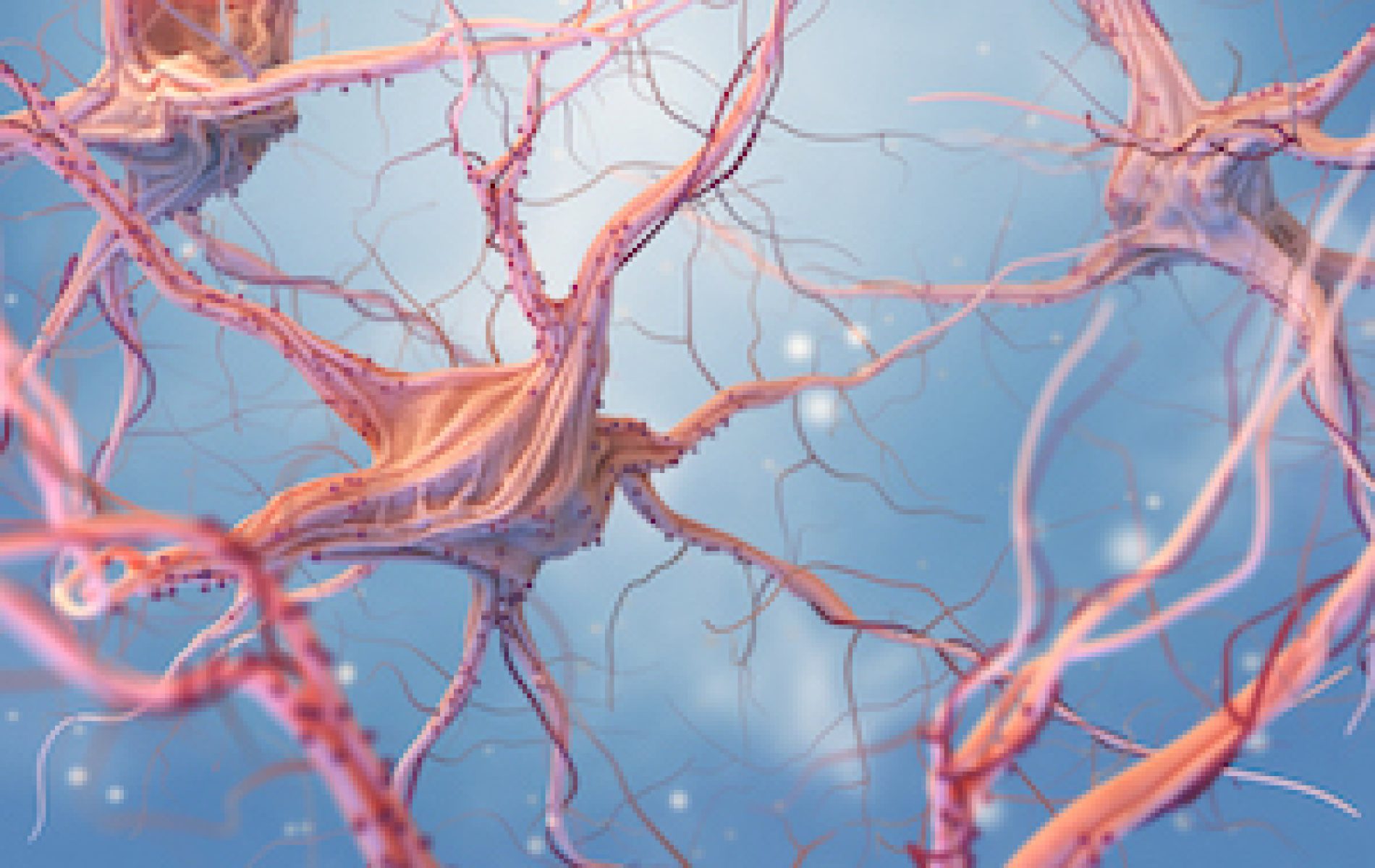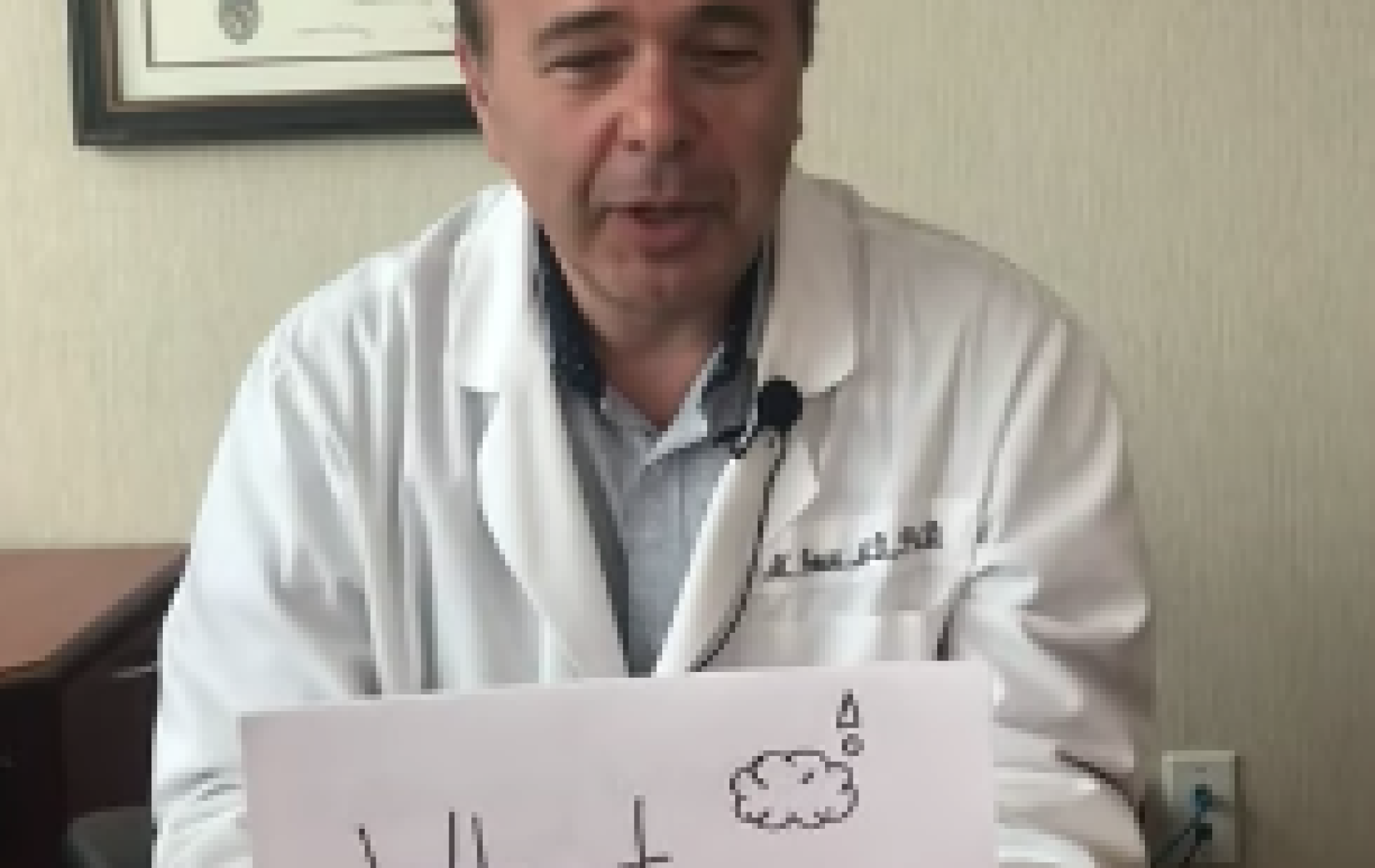The quality of sleep you get matters just as much as (if not more so than) the quantity. While you rest, your brain makes its way through different stages of the sleep cycle. Deep sleep is the stage of sleep that is most important for helping you to wake up feeling refreshed; it is the sleep phase in which your brain is super calm and slow. People who have more of this high quality sleep pattern have better memory and are less likely to develop cognitive decline with aging.

Scientists have long known that deep sleep has positive effects on brain health and performance for a long time. New research studies are helping to determine the biology of why you feel so much more refreshed after a good night of sleep. They have zeroed in on the link between deep sleep and the spinal fluid that routinely rinses the brain of waste material (byproduct of chemical processes in billions of neurons). This fluid, called cerebrospinal fluid or CSF, is produced deep inside the brain and as it flows toward the blood veins, it carries the toxic waste of the brain to the blood and immune system of the body (where they are then cleared out of the body through breakdown in the liver or filtration in the kidney). In short, CSF cleanses the brain of unwanted “stuff.” New studies show that the deep sleep is linked with both blood flow and the CSF flow out of the brain. This is an amazing discovery.

A new study led by a team of researchers at Boston University found that the deep sleep’s slow brain oscillations, or slow brain waves, are driven by the oscillations in blood flow and the CSF flow.

During the study, the team of researchers measured how CSF flow changed during sleep. They carefully studied the changes in the electrical activity of the brain and the blood flow in the brain. They used electroencephalography (EEG) to monitor brain waves of 13 volunteer participants in this study while they slept inside a MRI machine (which measured blood flow and CSF flow in the brain).

Interestingly, this method was possible because of a flaw that enabled any form of newly arriving fluid to be viewed by lighting up the image. The researchers were thus able to measure CSF flow and blood oxygenation simultaneously. As it turns out, this was huge because the two are actually linked in a surprising way – a way in which researchers wouldn’t ever have been able to determine without measuring the activity of blood and CSF flow in addition to electrical activity.
As it turns out, the slow waves occur in conjunction with changes in CSF and blood flow. The team was able to build a computer model that unveiled more information about the physics that links these three processes. The model helped to predict that deep sleep slow waves were coupled with the pulsations in the flow of blood and CSF.

They believe that when the brain enters the slow phase, less blood is required for its overall activity; this in turn reduces the blood volume in the brain. During this phase, CSF enters the brain to fill the empty space. When brain activity increases again, more blood is drawn into the brain and so more CSF is flown out of the brain, washing out toxins that it attracted from the brain cells during the slow brain wave cycle.
Slow wave deep sleep thus appears to promote the CSF rinsing of the brain in a pulsatile manner that is in synch with blood flow. The more CSF rinses the brain, the fresher it will be and the better it can function the next day. This may be one reason why memory function is much better after a good night’s deep sleep.
This is good news for those seeking to find solutions for neurodegenerative diseases. These diseases are considered to be the result of toxic protein build-up in the brain. Research in the past has shown that some of these proteins, such as amyloid-Beta (which is associated with Alzheimer’s disease), are most effectively cleared from the brain during sleep. Unfortunately, sleep is typically disrupted in patients with disease, making it difficult for this process to effectively occur.

It has previously been determined that people with some neurodegenerative diseases, such as Alzheimer’s, have less slow brain waves. The researchers theorize that there might also be a reduced level of CSF waves. This could be helpful in determining a new method of treatment for people suffering from those disorders. Future research could be promising in helping to treat brain disorders, from Alzheimer’s or age-related brain shrinkage, with better sleep hygiene and higher duration of deep sleep.

In summary, the recent studies suggest that the better you sleep (and the longer the duration of your deep sleep), the more CSF will rinse your brain of toxic waste material that builds up during the day, and the better your brain will function; and this in turn will help you ward off Alzheimer’s disease decades later.
To learn about how we can improve your sleep and your brain performance through our Brain Fitness Program, please visit us at NeuroGrow.com.
This blog was written by Mrs. Courtney Cosby and edited by Dr. Majid Fotuhi.



